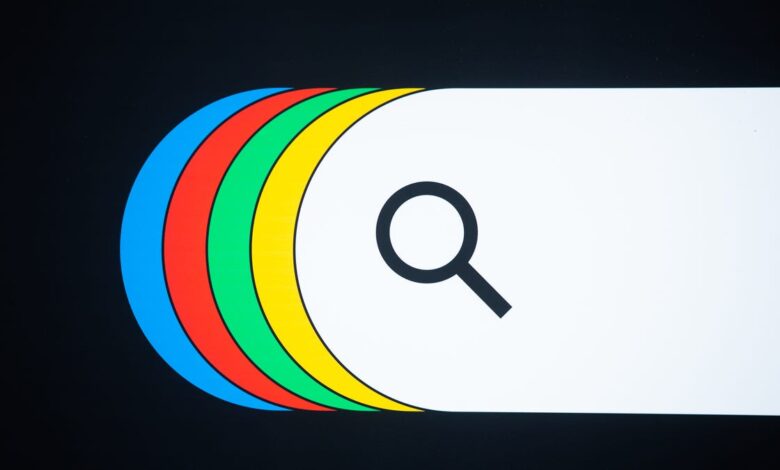People Click Links Less Frequently When AI Summary Appears on Google Search, Study Shows

Google’s AI Overviews, which are AI-generated summaries that appear at the top of search results for certain types of queries, are less likely to lead to clicks for sites, according to a report from Pew Research on Tuesday.
The study is based on data from 900 US adults who shared their browsing data with Pew. Based on the study’s findings, when an AI overview — AIO — appeared in search, users were less likely to click on links when compared to queries that didn’t generate AI summaries.
Pew took data from the month of March and monitored the URLs users visited on a tracked device. It used a third-party web scraping service to run the same search and collect all the text that appeared on a Google search page, including links and AI-generated summaries. Of the 68,879 unique searches, 12,593 produced an AIO, which is about 18%. Pew then looked at which URL was visited after a user made a query to analyze where people were ultimately clicking: leaving Google to browse a different site or ending their browsing session entirely.
Pew found that when an AIO appeared in Search, users clicked on a traditional link in Google Search (not in the AI Overview) 8% of the time, but when an AIO didn’t appear, the click rate jumped to 15%. Interestingly, Pew found that only 1% of searches resulted in users clicking on links found within the AIO summary.
“The goal of our study was to gain a better understanding of how people encounter and interact with AI-generated search summaries,” Athena Chapekis, a Pew Research computational social science analyst who worked on the study, told CNET in a statement. “This analysis is a snapshot of what real Google users are doing in their day-to-day browsing.”
When an AIO does appear, nearly two-thirds of users either jumped to a different site or closed their Google Search page entirely, suggesting AI-generated results satisfy the search needs of users. Interestingly, Google’s AIOs tend to cite Wikipedia, Reddit and YouTube most frequently, accounting for a collective 15% of the sources found in AI summaries that Pew looked at. Government sources also rank high in AIO, accounting for 6% of the sources linked in AI Overviews that Pew examined. This could be because Wikipedia and government sources are non-profit, don’t have the same publisher demands and are considered trustworthy. Google also owns YouTube, which ends up driving traffic to one of its core online products. And Google did ink a reported multi-million dollar AI deal with Reddit this year to use its data for AI training. Reddit also gained increased prominence in Google Search in the past few years.
Thanks to AI, people’s search habits are changing as well. Instead of searching via keywords, more people are searching with intent and with entire sentences. In instances of longer search queries, it more often triggered an AIO.
“People are gravitating to AI-powered experiences, and AI features in Search enable people to ask even more questions, creating new opportunities for people to connect with websites,” a Google spokesperson said in a statement. “This study uses a flawed methodology and skewed queryset that is not representative of Search traffic. We consistently direct billions of clicks to websites daily and have not observed significant drops in aggregate web traffic as is being suggested.”
The publishing industry is facing major headwinds with drops in traffic across the internet. 2025 is already becoming a brutal year for journalism, with layoffs at CNN, Vox Media, HuffPost, LA Times and NBC. Nearly 10,000 journalists have been laid off in the past three years, according to Nieman Reports. Online publishers also rely heavily on Google Search for traffic, which controls nearly 90% of the global online search market, according to GlobalStats. A judge declared that Google was operating an illegal monopoly in online search last year, and a federal court declared earlier this year that Google’s online ads business is also an illegal monopoly.
AI-generated summaries at the top of Google have been blamed in part for online publishers’ recent traffic turmoil, although it’s been difficult to definitively prove, as Google doesn’t provide clear data on what traffic comes via AIOs in Search Console, a backend for sites to see Google Search metrics. Google in the past has argued that, despite the drops in search traffic, AI Overviews bring “higher quality clicks,” meaning those with higher search intent who tend to stay on sites longer. Google hasn’t provided any data to back this, however.





